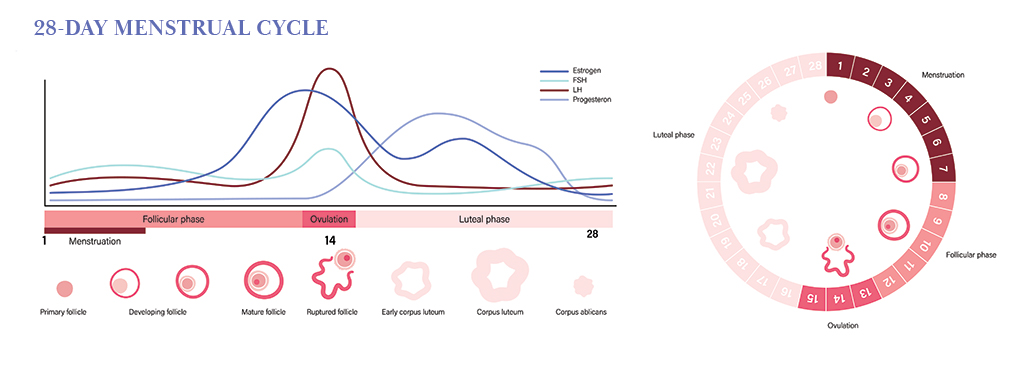IVF
Why Genetics & IVF Institute for In Vitro Fertilization?
Established in 1984, Genetics & IVF Institute has decades of experience in pioneering cutting-edge assisted reproductive technologies. Our expert physicians, scientists, and patient care team utilize proven techniques to provide our in vitro fertilization (IVF) patients with the best chance of achieving a healthy pregnancy. Our IVF program offers you the following benefits:
- Experienced, compassionate physicians and staff who are dedicated to providing personalized, high-quality care and a full range of fertility treatment options.
- A comprehensive fertility center that offers solutions for all of your fertility needs, all under one roof. Our center includes our in-house sperm bank, egg bank, and preimplantation genetic testing lab, and we can arrange on-site meetings with a representative from our affiliated surrogacy agency.
- Expertise from pioneers and innovators in the diagnosis and treatment of infertility and in reproductive genetics.
What Is IVF and Who Can Benefit from IVF Treatment?
For pregnancy to occur, an egg must be fertilized by a sperm. When fertilization happens inside the body, it’s called in vivo fertilization. When fertilization happens outside of the body, it’s called in vitro fertilization, or IVF.
There are many reasons a patient may have difficulty getting pregnant. Some include damaged fallopian tubes, male factor infertility, endometriosis, or unexplained infertility, and Genetics & IVF Institute can help treat infertility. We also treat patients interested in preimplantation genetic testing (PGT) or PGT for sex selection.
IVF treatments are also helpful to patients in the LGBTQ+ community, older patients and patients with low ovarian reserve, patients who have polycystic ovary syndrome (PCOS), and patients with premature ovarian failure.
How Does the IVF Process Work?
In an unassisted pregnancy, an egg must be released from the ovary and united with a sperm. Fertilization then takes place in the fallopian tube, which connects the uterus to an ovary. To understand IVF, it is helpful to understand the typical 28-day menstrual cycle shown below.


